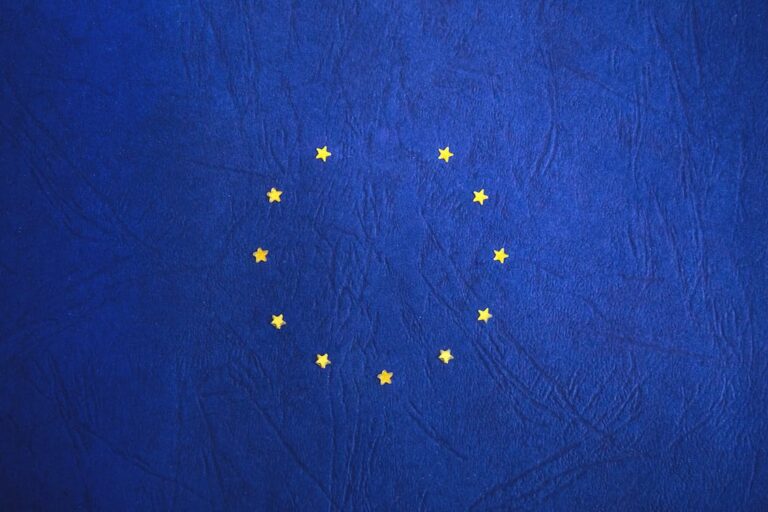
Morning Brief – Pocket Money
Last night, after 21 hours of negotiations, the German government secured an agreement on the next phase of fiscal spending. The measures announced range from more pocket money for children to a climate change fund orientated towards digitisation and electric cars. The one big thing missing was an incentive for the purchase of petrol and diesel cars that proved instrumental to Germany’s auto sector and indeed economic recovery following the ‘08-‘09 financial crisis. The single largest component of all German exports is the overseas sale of cars, followed closely by the export of vehicle parts. Production is therefore of key systemic importance to the German economy and, as yet, the traditional-fuel portion of Germany’s automotive sector is not receiving explicit support from Germany’s emergency measures.
That is not to say that the automotive industry will not benefit from the existing packages in place, it is merely not in receipt of special attention from this phase of bailouts to the disappointment of industry in Germany and abroad. The package agreed upon yesterday is EUR 130bn in size, or approximately 4% of GDP. This package is another huge fiscal expansion on top of the hundreds of billions of Euros that have already been pledged to protect the economy from the coronavirus pandemic. Let’s take a proper look at what’s in it.
At the core of the program is a cut in the rate of VAT for 6 months from 19% to 16%. This is expected to encourage greater consumption as households bring forward consumption decisions providing a boost to GDP and economic growth. Incidentally, this is one measure that will support the automotive industry in Germany but doesn’t directly single it out. EUR 300 will be offered to each child in Germany to bolster sales of sweets and confectionary. Okay, that’s not quite true. The government will offer an additional one-off child allowance of EUR 300 per child in order to provide direct support to households.
This is another huge fiscal push for a nation that typically favours a balanced budget and condemns fiscal profligacy. The measures of support and stimulus thus far that have been agreed by the German government are equal to around 34% of German GDP – well over 1tn Euros. For a program of such size it is unsurprising that much of the package will be financed by additional net borrowing. It is fair to say that the packages to date mark a complete reversal of Germany’s normal approach to fiscal management.
We have heard the European Central Bank throughout this year and the latter half of 2019 call upon Eurozone governments to spend more. Not only were the asset purchase programs of the ECB running out of debt to purchase but they had already held rates in negative territory for years with limited evidence of inflation returning to target. They have certainly been delivered what they asked for.
President of the European Central Bank Christine Lagarde will deliver the Bank’s latest monetary policy decision today. The Bank is expected to expand its Pandemic Emergency Purchase Program from EUR 750bn to around 1.25tn. At the present rate of deployment it is anticipated that the program as it stands will run out of capacity in October. The expansion of that program will support the economy for longer, into 2021. What will be equally important is the President’s words and tone as she presents their latest decision. Last time the President cautioned that the Eurozone economy looks as though it was headed towards the worse end of the Bank’s economic forecasts, undermining confidence in the Euro. The European single currency will only preserve the elevated levels it trades at today if the Bank avoids further surprises.
Discussion and Analysis by Charles Porter

Click Here to Subscribe to the SGM-FX Newsletter
Related Insights

Daily Brief – Euro
Euro Markets are currently pricing in four 25bp rate cuts for 2025 in the EU from 3% to 2% but some analysts are now predicting that rates may go as low as 1.5%. What that means is that EUR will remain weak and allow buyers of EUR to lock in the best levels for years. […]

Daily Brief – British Pound
British Pound With GBP if not all at sea but wallowing against the crashing waves of USD strength, it is a tale of two cities for beleaguered Brits: GBP/USD dipping below the previous floor of 1.2600 but versus EUR GBP still looking firm due to the apparent divergence between the Federal Reserve and the European […]

Daily Brief – Germany
Germany Gloomy Germans is not an entirely unknown phenomenon for those of us who have toiled in Finanzplatz Deutschland or the Financial Marketplace of Germany which primarily encompasses Frankfurt, Berlin, Dusseldorf and Hamburg. Unfortunately the ZEW German Research Institute are upholding that less than noble tradition in their Economic Sentiment Indicator report that was released […]



 Humphrey Percy
Humphrey Percy